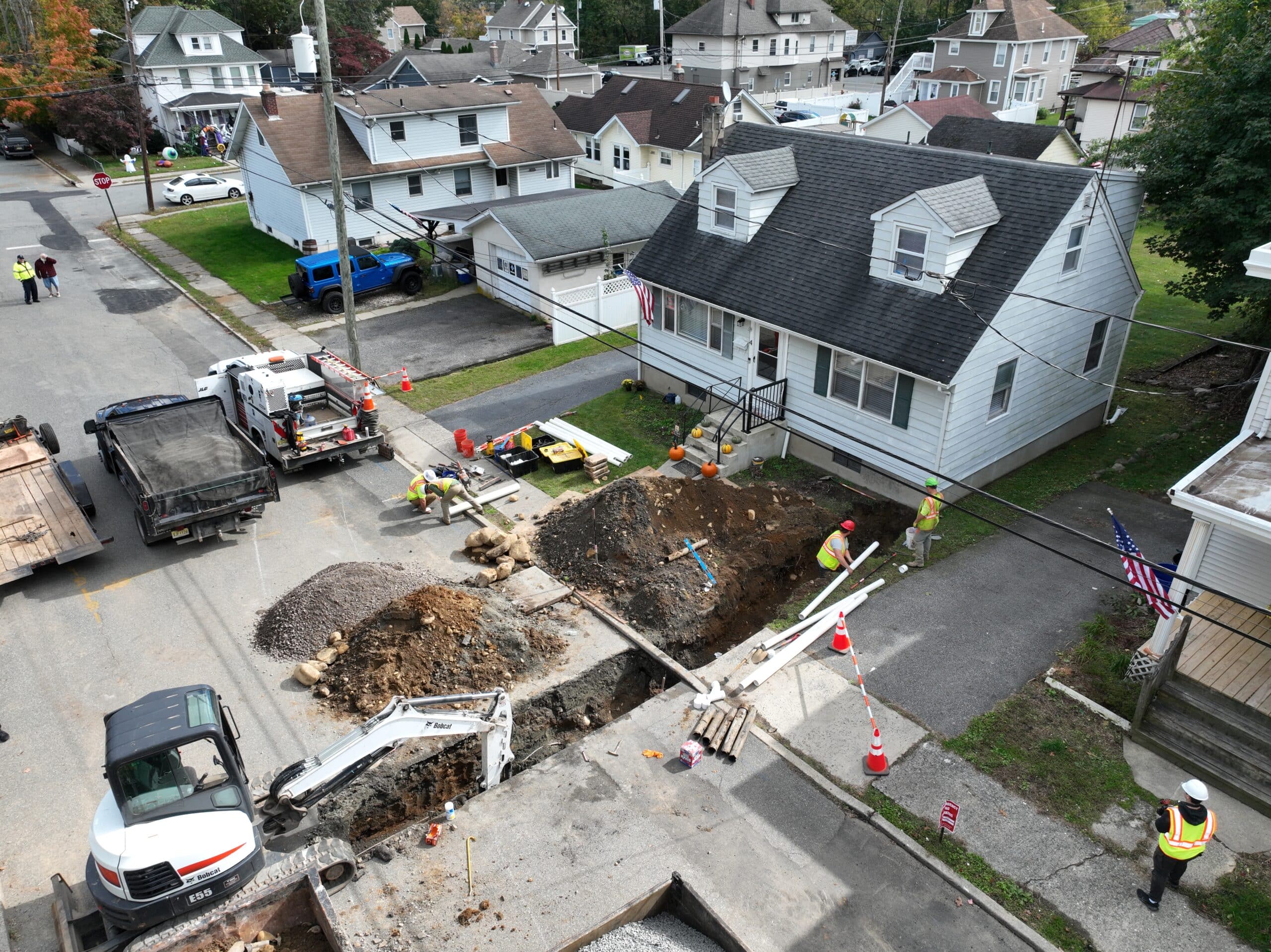Fixing a sewer line is a complex and often challenging task that typically requires the expertise of a licensed plumber or sewer specialist. Sewer line problems can vary in severity, from minor clogs and leaks to major blockages or damaged pipes. Here are the general steps involved in fixing a sewer line:
Steps To Fixing A Sewer Line
1. Identify the Problem:
The first step is to identify the specific issue with your sewer line. This may include blockages, leaks, cracks, tree root intrusion, or other forms of damage. A professional plumber can use specialized equipment like sewer cameras to inspect the line and pinpoint the problem's location.
2. Consult a Professional:
Contact a licensed and experienced plumber or sewer specialist to assess the situation. They will provide an accurate diagnosis and recommend the appropriate course of action.
3. Determine the Repair Method:
- The chosen repair method will depend on the nature and extent of the sewer line problem. Common repair methods include:
- Sewer Cleaning: For minor clogs and blockages, sewer cleaning using mechanical augers or hydro-jetting can be effective.
- Pipe Relining (Trenchless Repair): This method involves inserting a new lining inside the existing pipe to reinforce it and seal any cracks or leaks. It is a less invasive and often cost-effective option.
- Excavation and Replacement: In cases of severe damage or when the sewer line cannot be repaired, excavation and replacement of the affected section or the entire line may be necessary.
4. Permit and Compliance:
Ensure that you obtain any necessary permits for the repair work, and make sure that the repair complies with local building codes and regulations.
5. Excavation (If Required):
- If excavation is necessary, the plumber will dig a trench to access the damaged section of the sewer line. The size and depth of the trench will depend on the specific repair needs.
6. Repair or Replacement:
- Depending on the chosen repair method, the plumber will either repair the damaged section or replace it. This may involve cutting out damaged pipe sections and installing new pipe segments. For trenchless methods, it may involve inserting the lining or pipe within the existing line.
7. Testing and Inspection:
After the repair or replacement is complete, the plumber will conduct tests to ensure that the sewer line is functioning correctly. This typically involves running water through the line and checking for leaks or blockages.
8. Backfill and Restoration:
If excavation was performed, the trench will need to be backfilled, and the landscape or paving restored to its original condition.
9. Maintenance and Prevention:
To prevent future sewer line issues, consider implementing preventative measures, such as regular maintenance, sewer line inspections, and being mindful of what goes down your drains.
10. Follow-Up:
Stay in contact with your plumber to address any concerns or issues that may arise after the repair work is completed.
Fixing a sewer line is not a DIY project due to its complexity and potential health hazards. Always hire a qualified professional for sewer line repairs to ensure the work is done correctly and safely. If you would like a free sewer line service assessment in New Jersey, contact us at (201) 581-3740 or fill out our contact form.
⚠️ Are you experiencing sewer issues in New Jersey and need a sewer line repair and replacement specialist to provide you with a service or second opinion?
Contact BRUTE Contracting and you will be greeted by our owners, Daniel Radici or Uri Bussi. Daniel or Uri will listen to your sewer issues and provide you with the best option regarding your current situation and a free estimate for your sewer line replacement service.
If you qualify, you will be provided with a free sewer camera inspection so our team can assess the condition of the sewer line and provide you with an in-depth proposal regarding the scope of work and costs required to repair or replace the sewer line.


